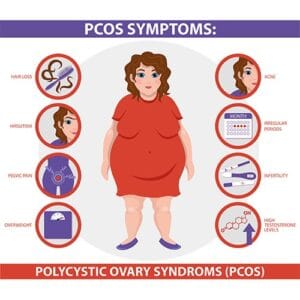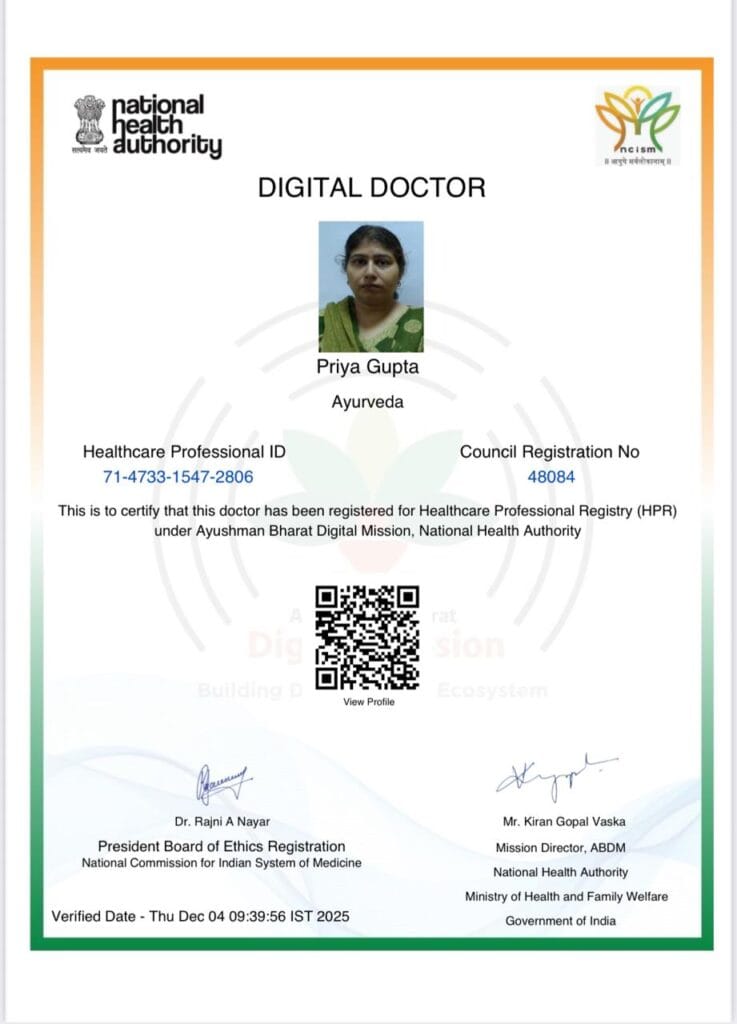Polycystic Ovary Syndrome (PCOS) is one of the most common hormonal disorders affecting women of reproductive age. It can impact menstrual cycles, fertility, appearance, and even long-term health. Despite being widespread, many women remain undiagnosed or misinformed about the condition.
What is PCOS?
PCOS is a hormonal imbalance in which the ovaries produce higher-than-normal amounts of male hormones (androgens). This can lead to problems with ovulation and the development of small fluid-filled sacs (cysts) on the ovaries.
It’s important to note: Not all women with PCOS have cysts, and the name can be misleading.
Causes of PCOS
The exact cause isn’t fully understood, but several factors are believed to play a role:
Insulin resistance – The body’s cells don’t respond effectively to insulin, causing higher blood sugar and increased androgen production.
Hormonal imbalance – Excess androgens disrupt ovulation.
Genetics – PCOS often runs in families.
Low-grade inflammation – Chronic inflammation can contribute to hormonal disruption.
Common Symptoms
PCOS symptoms can vary in severity, but the most common include:
Irregular or missed periods
Difficulty conceiving
Excess facial or body hair (hirsutism)
Acne or oily skin
Thinning hair on the scalp
Weight gain, especially around the abdomen
Darkened skin patches (acanthosis nigricans)
Health Risks Linked to PCOS
If left unmanaged, PCOS can increase the risk of:
Type 2 diabetes
High cholesterol
High blood pressure
Heart disease
Sleep apnea
Endometrial cancer
How PCOS is Diagnosed
Doctors typically use the Rotterdam Criteria, which require two out of three features for diagnosis:
Irregular or absent ovulation
Excess androgen levels (clinically or via blood test)
Polycystic ovaries visible on ultrasound
Treatment & Management
There’s no single cure for PCOS, but symptoms can be managed through lifestyle changes, medications, and medical procedures.
1. Lifestyle Modifications
Maintain a healthy weight through diet and regular exercise.
Follow a low-glycemic index diet to improve insulin sensitivity.
Manage stress with yoga, meditation, or breathing exercises.
2. Medications
Birth control pills to regulate menstrual cycles and reduce androgen levels.
Metformin to improve insulin resistance.
Clomiphene or other fertility treatments for women trying to conceive.
3. Cosmetic & Supportive Treatments
Hair removal methods for hirsutism.
Skincare routines to manage acne.
PCOS and Fertility
PCOS is one of the leading causes of infertility due to irregular ovulation. However, many women with PCOS can conceive with lifestyle adjustments, medication, or assisted reproductive technologies like IVF.
Living with PCOS
PCOS is a lifelong condition, but with the right approach, its symptoms and risks can be significantly reduced. Support groups, professional guidance, and self-care play a big role in improving both physical and emotional well-being.
Bottom Line:
If you experience irregular periods, unexplained weight gain, or symptoms like excessive hair growth and acne, consult a gynecologist or endocrinologist. Early diagnosis and consistent management can help you lead a healthy, fulfilling life with PCOS.


